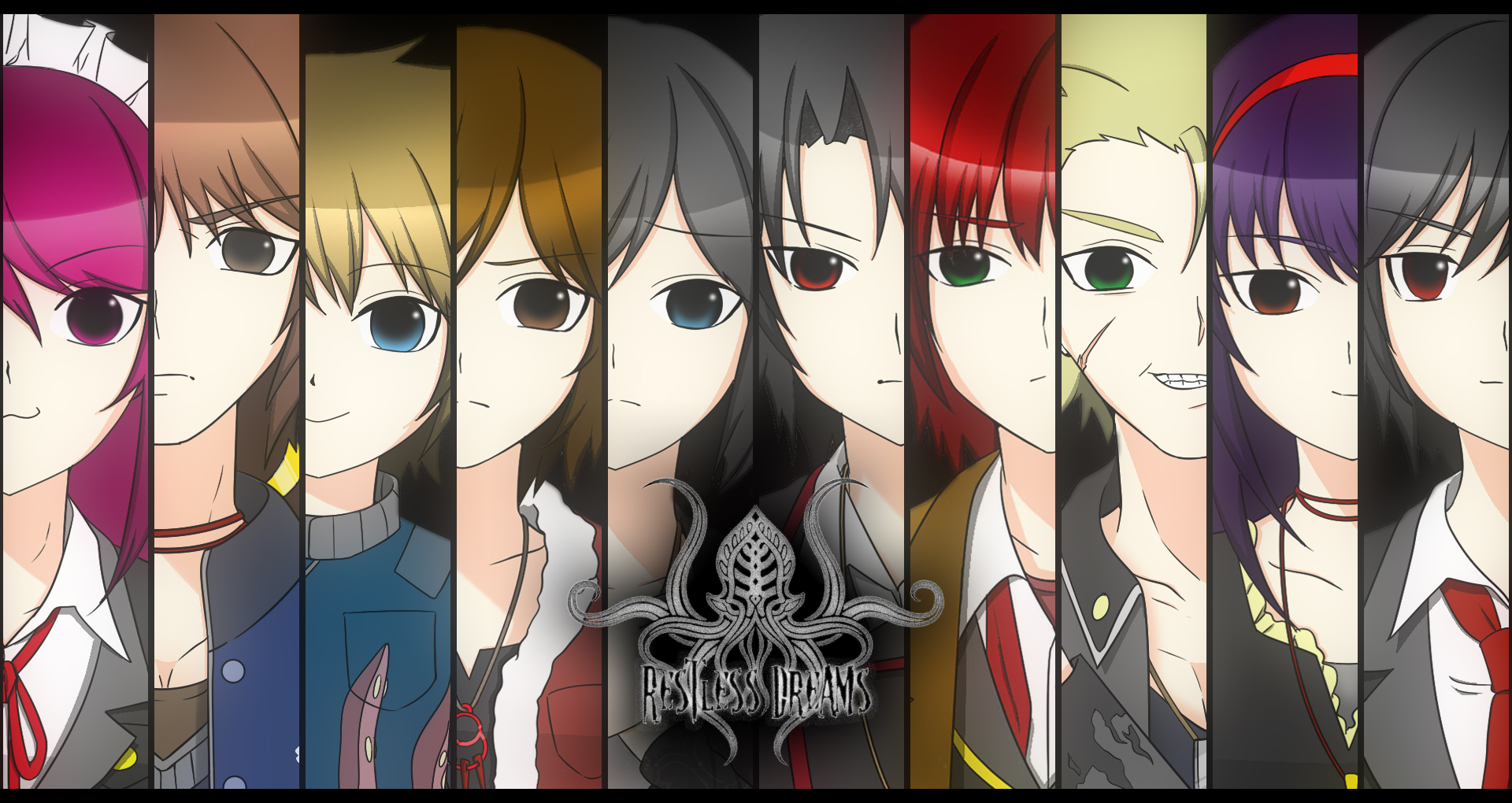


"It's important to note that sleep is a fundamental part of our biology, as is breathing and eating. Grandner, who was not involved in the study, co-authored an AHA scientific statement about the impact of sleep on heart health. The study highlights the widespread nature of sleep problems associated with heart, brain and other types of health, said Michael Grandner, director of the Sleep and Health Research Program at the University of Arizona in Tucson. They found that people who had strokes or mini-strokes had a higher prevalence than the general public of these conditions long after the stroke occurred. In the new review, researchers analyzed 185 studies of sleep disorders among stroke survivors, covering 64,047 people experiencing interrupted or shallow breathing during sleep, insomnia, periodic leg movement and restless leg syndrome. Because of the high prevalence of sleep problems among stroke survivors, the AHA recommends assessing sleep issues to prevent further strokes and TIAs.

Sleep problems, particularly sleep apnea – when breathing repeatedly stops and starts during the night – are considered independent risk factors for stroke. About 12% of those who have full-blown strokes first experience transient ischemic attacks, or TIAs, also known as "mini-strokes" or "warning strokes." These cause temporary symptoms, such as weakness, slurred speech and dizziness, that disappear within 24 hours. In the United States, someone has a stroke every 40 seconds, according to the Centers for Disease Control and Prevention. Because of the many heart and brain health issues associated with poor sleep, she said, doctors should perform sleep studies or exams on stroke patients and treat any sleep issues that arise. "When poor sleep occurs, patients may also experience cognitive deficits such as declined concentration or working memory," said the study's lead author, Hsiao-Yean Chiu, associate professor and deputy director of the School of Nursing at Taipei Medical University in Taiwan. Researchers found sleep problems were more likely to occur among women, smokers, people with other health conditions and those who have strokes at older ages. Sleep problems – including insomnia, troubled breathing while asleep, restless legs in the evening and unconscious leg movements – are more common among stroke survivors than the general public, according to the study published Thursday in the American Heart Association journal Stroke. People who have strokes or mini-strokes often experience a wide range of sleep disorders in the months that follow, a problem that can put them at increased risk for subsequent strokes, an analysis shows. (Jose Luis Pelaez Inc/DigitalVision, Getty Images) National Hypertension Control Initiative.Pets and Your Health / Healthy Bond for Life.


 0 kommentar(er)
0 kommentar(er)
